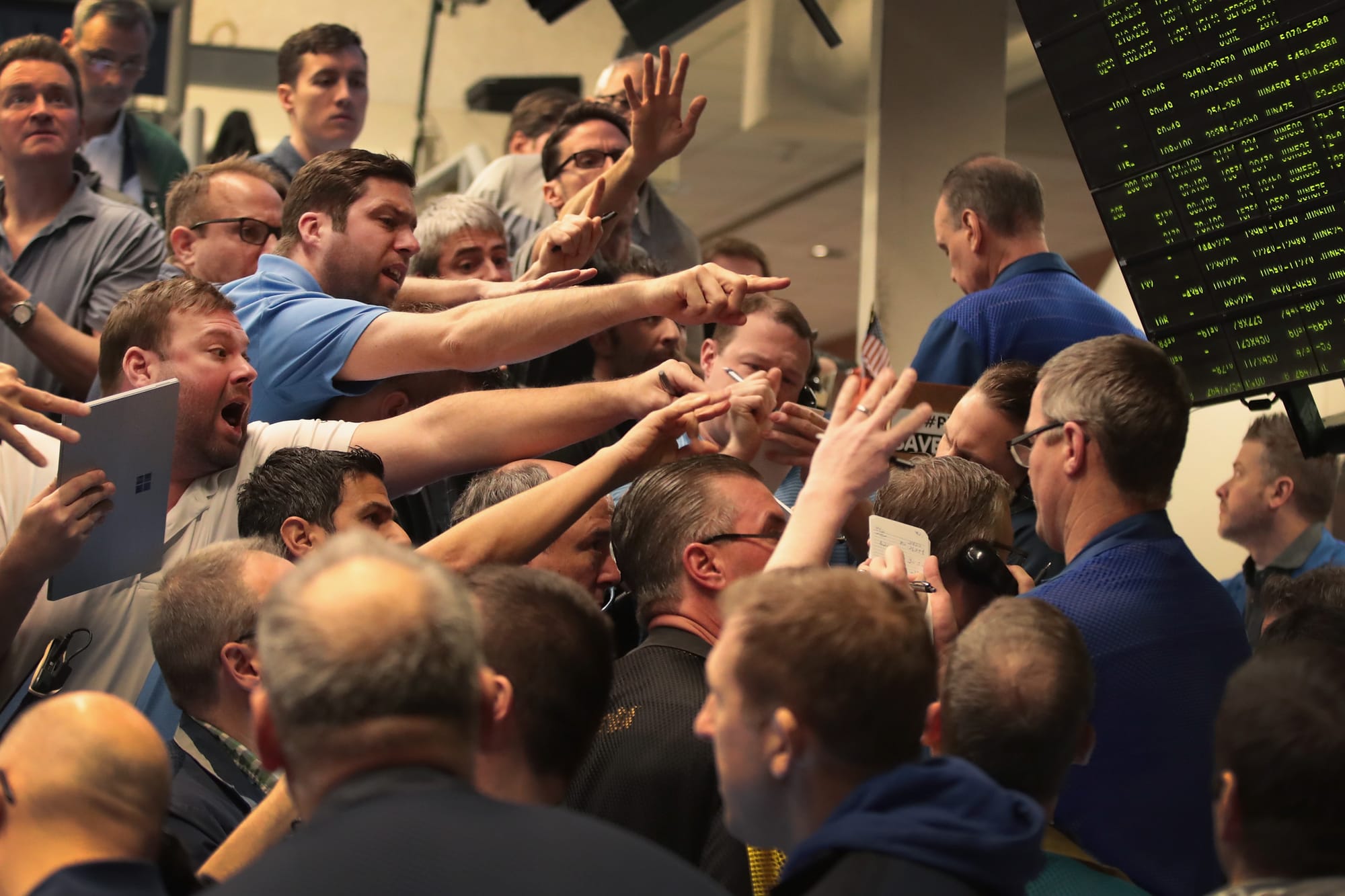Fear and Greed in Efficient Markets -Effect of irrational decisions on investment strategies

Context:
Fear and greed are not just emotions; they are powerful forces that dictate financial markets. This bachelor’s thesis aims to uncover the influences of fear and greed on investment decision-making and explores how these emotions trigger irrational behavior among different groups. Moreover, it tries to identify which factors may influence investment strategies. Understanding the nuanced influences of fear and greed on investment strategies can help mitigate financially ruinous biases. Using the theoretical frameworks of behavioral finance, this topic can uncover valuable insights that inform investment management practices, risk mitigation strategies, and regulatory frameworks. Addressing the emotional aspects of investing can help individuals make more informed and rational decisions, leading to better investment outcomes and more efficient financial markets.
Method:
This bachelor’s thesis employs a quantitative research approach with a between-groups design to examine the effects of fear and greed on investment decisions. The analysis of this research is based on two hypothetical investment scenarios designed to elicit emotional responses and decision-making behaviors from participants categorized into three distinct groups (FEAR, GREED, and NEUTRAL). Scenario 1 applied the bias of loss aversion with a situation of high volatility and Scenario 2 pictured a situation which should elicit herding behaviors. The information about the risk in each scenario is group-specifically manipulated to simulate the emotional states of fear and greed.
Results:
The findings of this research underscore the profound influence of fear and greed on investment strategies, particularly in shaping individuals’ approaches to risk-taking and trading behavior. The discovery of significant differences in risk-taking behavior between fearful and greedy individuals shows the decisive role of these emotions in financial decision-making. Fearful individuals tended to make more risk-averse decisions in situations of high volatility. In contrast, individuals characterized by greed hesitated to capitalize on gains, opting instead to retain assets in moderately adverse market conditions. Furthermore, the study provides insights into participants' emotional responses, with one scenario evoking larger emotional reactions than the other, further emphasizing the emotional underpinnings of investment decisions.
Conclusion:
Fear and greed affect investors' decision-making and their investment strategies. However, the impact of these emotions is nuanced and contingent upon situational factors and individual characteristics. Employing structured investment plans and strategies tailored to emotional management can help investors navigate the complexities of financial decision-making and mitigate the effects of fear and greed on investment portfolios.